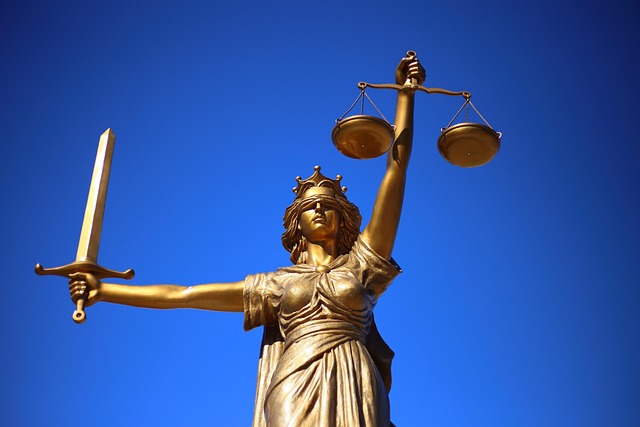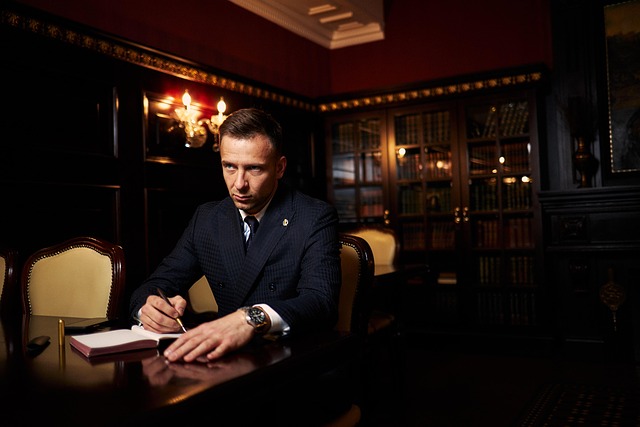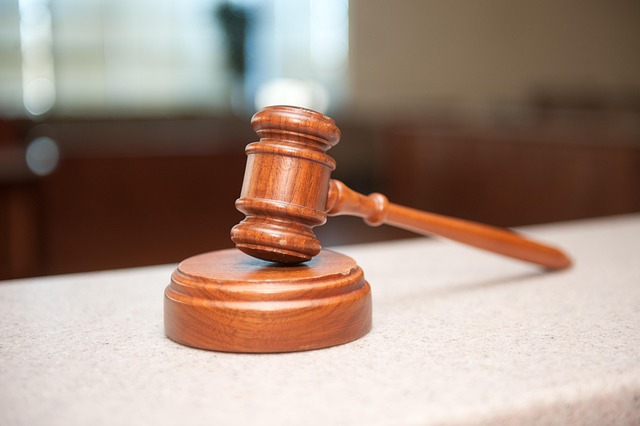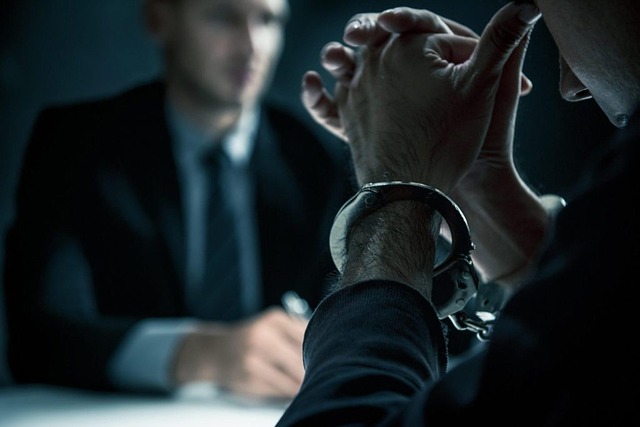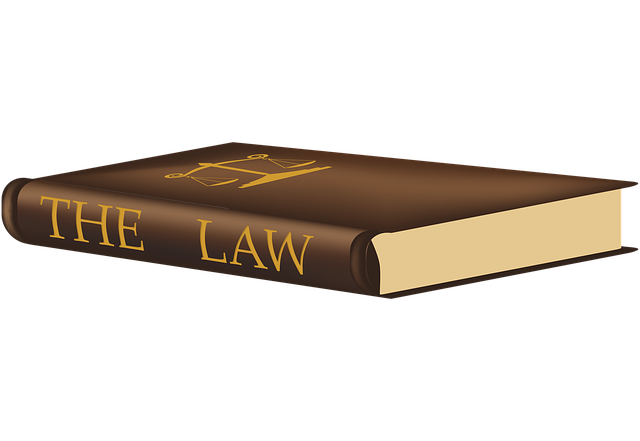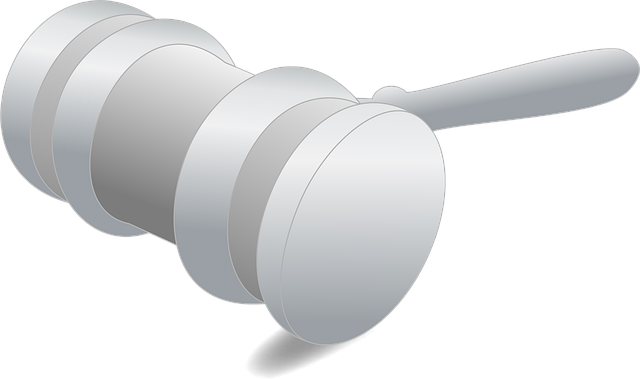Understanding jury biases is vital for ensuring fair verdicts in criminal cases, especially high-profile white-collar defenses. Unconscious biases based on race, gender, and socioeconomic factors can skew perceptions and interpretations, leading to unfair judgments. Defense attorneys employ strategies like pretrial preparation, humanizing the defendant, and cross-examining witnesses to mitigate these biases, aiming for outcomes like dismissed charges, ensuring justice triumphs over preconception.
“In the intricate dance of criminal justice, Criminal Defense Attorneys play a pivotal role in safeguarding individuals’ rights. This article delves into the critical aspects of jury selection, exploring how this process influences the outcome of criminal trials. We examine unconscious biases that can impact verdicts and provide strategies to overcome these preconceptions. By understanding jury biases in criminal cases, attorneys can better navigate the complexities, ensuring fair representations and just outcomes.”
- The Role of Jury Selection in Criminal Trials
- Unconscious Biases and Their Impact on Verdicts
- Strategies to Overcome Jury Preconceptions
The Role of Jury Selection in Criminal Trials

In criminal trials, jury selection plays a pivotal role in determining the outcome of a case. Understanding jury biases is essential to ensure a fair and impartial verdict. Jury selection, or voir dire, is a critical process where potential jurors are questioned to identify any prejudices, beliefs, or experiences that might influence their decision-making. This process helps attorneys from both sides assess and challenge jurors who may not be able to render an unbiased judgment, thereby shaping the composition of the ultimate decision-making body.
Across the country, philanthropic and political communities have recognized the importance of a well-informed jury. In high-profile cases, especially those involving white-collar defense, understanding and managing jury biases are crucial. Attorneys must be adept at recognizing and addressing potential preconceptions to ensure that the chosen jurors can set aside any personal views and focus solely on the evidence presented in court. This meticulous process is vital to maintaining the integrity of the criminal justice system.
Unconscious Biases and Their Impact on Verdicts
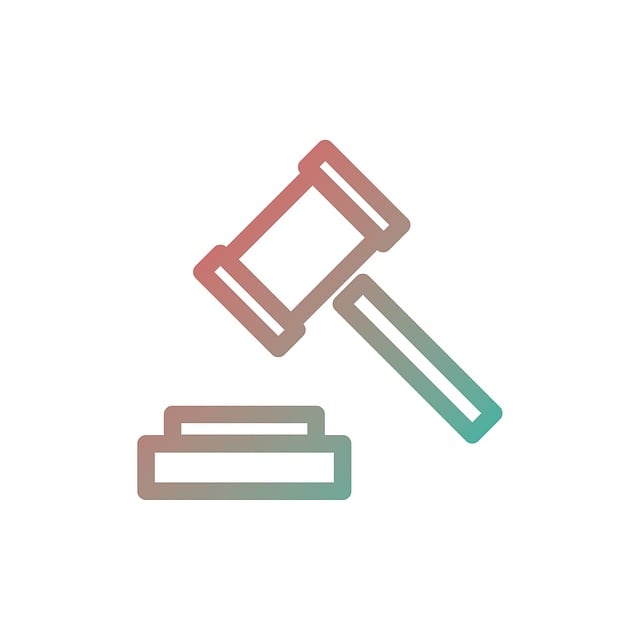
Unconscious biases, often hidden from view, significantly influence jury decisions in criminal cases, a reality that demands careful consideration in the legal arena. These biases, rooted in societal and individual experiences, can lead to unfair judgments, impacting everything from perceptions of evidence to interpretations of defendant behavior. For instance, the “othering” bias may cause jurors to view defendants differently based on race or ethnicity, while stereotypes related to gender or socioeconomic status could skew their understanding of testimony.
In high-stakes cases, such as those involving white-collar and economic crimes, where nuances and context are crucial, unconscious biases can be particularly damaging. Achieving extraordinary results in these scenarios requires defense attorneys to not only challenge evidence but also to expose and mitigate the impact of these biases. By raising awareness and employing strategic presentations, they can ensure a more balanced and just outcome, demonstrating their expertise in navigating these complex legal landscapes.
Strategies to Overcome Jury Preconceptions
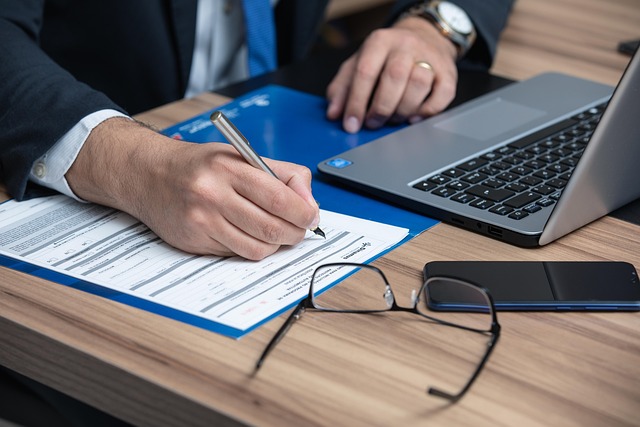
In navigating the complexities of criminal defense, one of the most significant challenges for attorneys is overcoming jury preconceptions. Juries, despite their crucial role in the justice system, are not immune to biases that can significantly influence their decisions. Understanding these biases is paramount in crafting effective strategies. For instance, the “not guilty” bias, where jurors tend to favor a guilty verdict due to societal pressure or fear of appearing lenient, is a common obstacle. Similarly, racial, gender, or economic biases can color their judgment, requiring attorneys to present robust evidence and compelling arguments tailored to these potential preconceptions.
To counteract these biases, criminal defense attorneys employ various strategies. One approach involves rigorous pretrial preparation, ensuring that all evidence is thoroughly investigated and presented in a way that challenges stereotypes and preconceived notions. Additionally, delivering powerful opening statements that humanize the defendant and emphasize the potential for an unfair trial can sway public perception. During cross-examination, questioning witnesses with a focus on revealing inconsistencies or biases helps to discredit their testimonies. Ultimately, achieving extraordinary results—such as a complete dismissal of all charges—often hinges on the defense attorney’s ability to navigate these subtleties, ensuring that justice prevails over preconception.
Understanding jury biases is paramount for ensuring fair criminal trials. By recognizing and addressing unconscious prejudices, defense attorneys can navigate the complexities of jury selection and present compelling cases. Through employing strategies to overcome preconceptions, legal professionals can foster more objective decision-making, ultimately safeguarding the rights of the accused and fortifying the integrity of our justice system.
